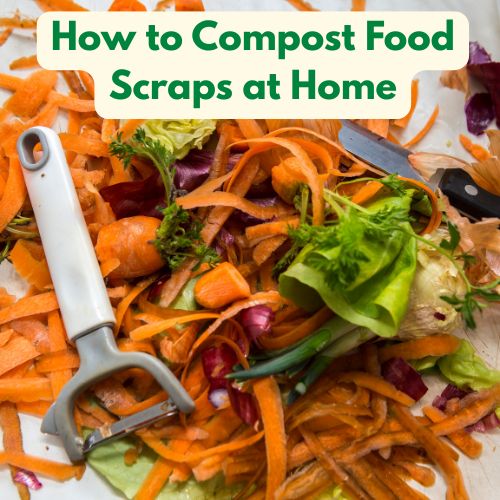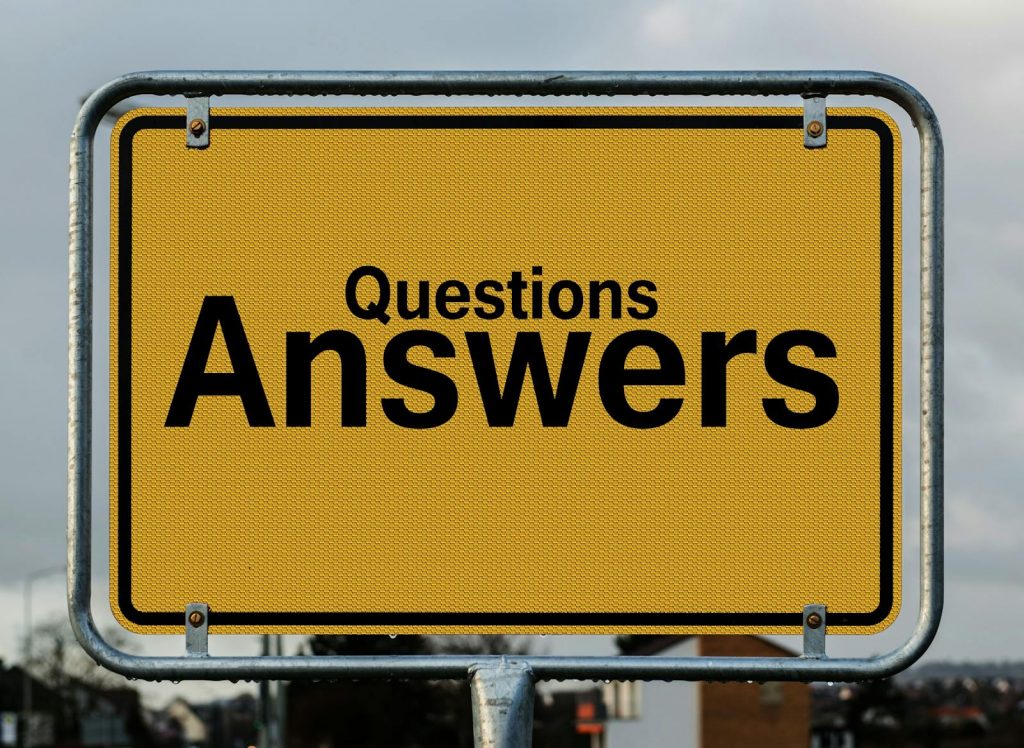Your Friendly Guide to Composting at Home & in Your Garden
Welcome to Compost Charm
Hey there, green thumbs and eco-warriors! If you’re ready to turn your kitchen scraps and garden waste into something amazing, you’ve landed in the right spot.
At Compost Charm, we’re all about making composting at home and garden composting simple, fun, and downright rewarding.
Whether you’re a newbie wondering where to start or a seasoned composter on the hunt for the perfect setup, we’ve got you covered.
Why Composting at Home Matters
Let’s be real—those banana peels and grass clippings deserve better than the bin.
Composting at home isn’t just about cutting waste; it’s about creating rich, natural soil to feed your plants, flowers, and veggies.
With garden composting, you’re closing the loop—turning what you’d toss into “black gold” for your backyard.
Plus, it’s a win for the planet, slashing landfill clutter and boosting your garden without pricey fertilizers. Sound good? Stick with us!
What You’ll Find at Compost Charm
We’re here to dish out everything you need to master composting and waste management at home. Here’s what’s on the compost heap:
Honest Reviews of Compost Bins & Equipment
From tumblers to stationary compost bins, we’re digging into the best tools for composting at home. Our reviews—like our take on the Garden Composter Made from Recycled Plastic—break down what works, what doesn’t, and what’s worth your cash.
Whether you’ve got a tiny patio or a sprawling lawn, we’ll help you find the perfect fit.
Tips for Recycling Garden Waste
Not sure what to do with those pruned branches or wilted leaves? We’ve got practical garden waste recycling tips to keep your compost pile thriving.
Think green-brown balance, shredding hacks, and how to avoid a smelly mess (yep, we’ve been there!). Composting at home gets a whole lot easier with our step-by-step advice.
Tools & Tricks for Better Waste Management
Beyond compost bins, we’re exploring waste management tools and ideas to level up your eco-game.
Pitchforks for turning, moisture meters, or even DIY worm bins—whatever helps you make the most of your scraps, we’re on it.
Plus, we’ll share clever ways to cut waste and keep your home and garden humming sustainably.
Let’s Grow Together
Compost Charm isn’t just a site—it’s a community for anyone curious about garden composting or looking to tweak their waste routine.
We’re here to answer your questions (smelly compost? Pest woes?), share real-life stories, and cheer you on as you turn peels into plant food.
Ready to dive in? Check out our latest compost bin reviews, browse our garden waste recycling tips, or drop us a note on our contact page.
Start composting today and join the fun!
Thanks for stopping by Compost Charm—where composting at home meets charm, grit, and a whole lot of dirt.
Let’s make waste wonderful, one pile at a time, let’s look at Compost and composting differently.
What’s the Deal with Composting?
Composting is like nature’s version of upcycling. It’s all about transforming your kitchen scraps and lawn leftovers into rich, crumbly goodness your garden will adore.
Instead of tossing that banana peel or pile of grass clippings into the trash, you give them a second act—by fast-forwarding the natural decay process into something powerfully productive: compost.
Now, let’s clear up a common misunderstanding—compost is not dirt.
Nope, it’s not just backyard soil in disguise. Compost is more like a VIP soil booster.
It doesn’t replace dirt; it supercharges it. Packed with nutrients, compost works like a gourmet meal for your plants, helping them grow stronger, greener, and more robust.
Before diving into the composting game, you’ve got a few choices to make. What kind of bin suits your vibe?
What leftovers are you tossing in?
Where’s the perfect spot to park that bin?
No matter how you set it up, the science of composting remains the same: organic materials breaking down with a little help from invisible allies—microbes like bacteria and fungi.
These microscopic MVPs are the engine behind the magic. They need the basics: air, moisture, and fuel (aka your compostables).
Get the balance right, and they’ll reward you. But if you’ve ever caught a whiff of something…off…from a compost pile, chances are, air isn’t flowing like it should.
Without oxygen, anaerobic microbes take over—and they’re not exactly the pleasant-smelling type.
To fix a stinky situation, just give the pile a good stir or add bulky materials like wood chips or hay to open up airflow.
It’s like giving your compost bin a deep breath of fresh air.
In short, composting is a win-win.
It keeps waste out of landfills and gives your garden a vitality boost.
Less trash, more lush—what’s not to love?

What is Composting and Why Does it Matter?
Composting means turning your kitchen scraps and garden waste into a rich, soil-friendly mix called compost. Instead of sending food scraps to landfill, you put them to work.
When you compost, tiny creatures (like worms and microbes) break down these scraps. The end result is dark, crumbly compost packed full of nutrients that plants love.
Why bother? Because composting reduces waste, helps your garden, and fights climate change.
It’s like turning leftovers into magic for your soil.
Whether you try regular composting, vermicomposting with worms, or use a compost tumbler for speed, you make a real difference.
10 Great Reasons to Start Composting Today
- Less Landfill Waste
Composting cuts down the rubbish you send to landfill. Instead of tossing out banana peels or coffee grounds, you recycle them into compost. - Healthier Soil
Compost adds nutrients back into the ground. Gardens and houseplants grow better strong and healthy. - Save Money
By making your own compost, you buy less fertilizer at the garden shop. - Lower Greenhouse Gases
Food rotting in landfill creates methane, a powerful greenhouse gas. Composting reduces methane and helps the planet. - Support Wildlife
Rich soil from compost attracts birds, worms, and insects that help your garden thrive. - Easy with Tools
Compost tumblers make the process quick and less messy. Just spin and wait! - Vermicomposting is Fun
Worms eat your food scraps and make compost even faster. Kids find it fascinating, too. - Less Smelly Rubbish
When you compost, your bin doesn’t stink from food waste. - Learn New Skills
Composting is a simple science experiment you can do at home. - Makes You Feel Good
You do something positive for the earth. Plus, watching scraps turn into rich compost is rewarding!
If you want to discover more about what can be composted, the Don’t Toss It Campaign offers practical tips to prevent food and household waste.
How to Get Started
You don’t need much to start composting. Collect food scraps in a small bin (things like veggie peels, fruit cores, or eggshells).
Mix in garden waste when you have it, such as leaves or grass clippings. Put everything in a pile or a compost bin.
If you want faster results with less effort, a compost tumbler for easy composting spins and mixes compost for you. Vermicomposting is another way to try composting indoors by letting worms do the work.
If you’re new and want step-by-step help, the Guide to Starting Composting at Home can help you get moving with confidence.
Key Takeaways
- Composting turns waste into free food for your garden.
- It stops food scraps from producing harmful gases in landfill.
- Tools like compost tumblers make composting simple.
- Anyone can compost, even with little space or time.
- Try vermicomposting or traditional composting to find what suits you.
Summary
Composting takes what you might throw out and turns it into garden gold. It’s good for your plants, your wallet, and the planet.
With a little effort and the right tools, like a compost tumbler, you can join millions doing their bit to reduce waste and grow healthy food.
FAQ
What can I compost?
You can compost most fruit and vegetable scraps, coffee grounds, eggshells, tea bags, leaves, and grass clippings. Avoid meat, dairy, and oily foods.
Is composting smelly or messy?
Proper composting rarely smells bad. Keep a good balance of wet and dry materials and turn the pile or use a tumbler to mix.
How long does composting take?
With a compost tumbler, compost can be ready in eight weeks or less. A basic pile might take a bit longer.
Composting is easy, fun, and makes a real difference.
If you have more questions, check out the Compost Charm Guide to Starting Composting at Home for simple steps, or explore the Don’t Toss It Campaign to see what surprising things you can compost today.
Give it a try—your garden and the planet will thank you!




